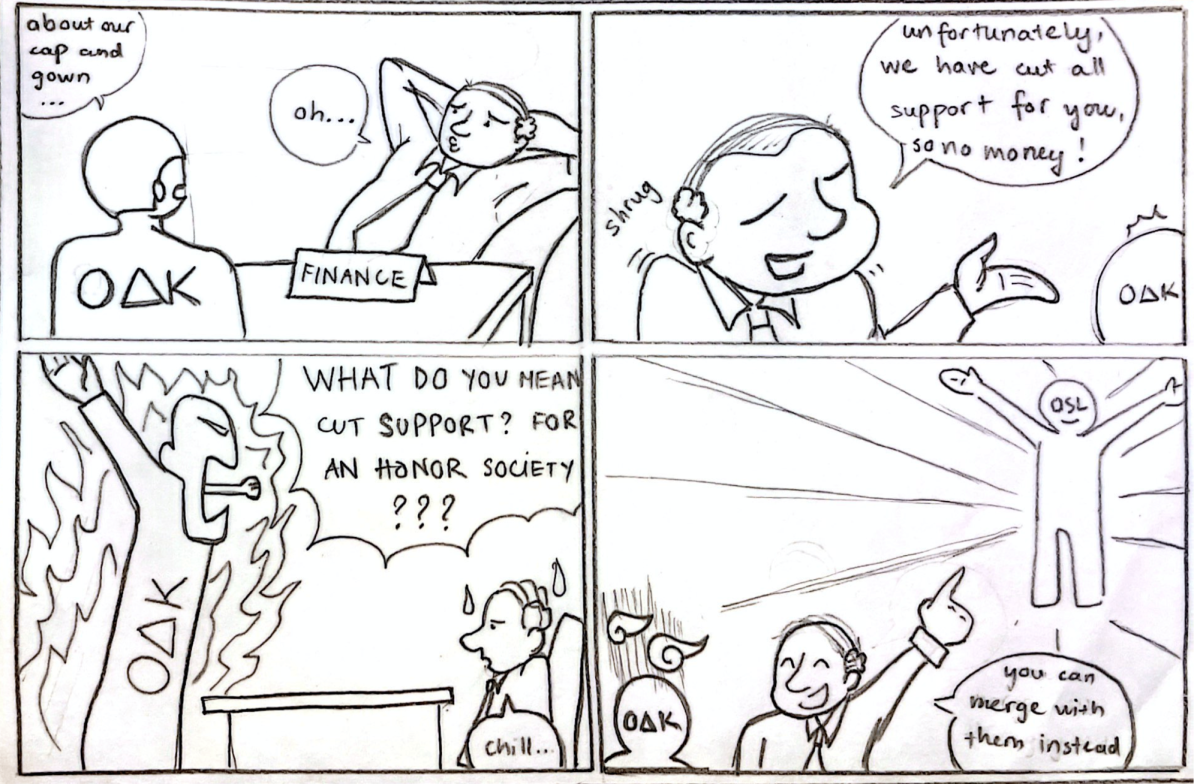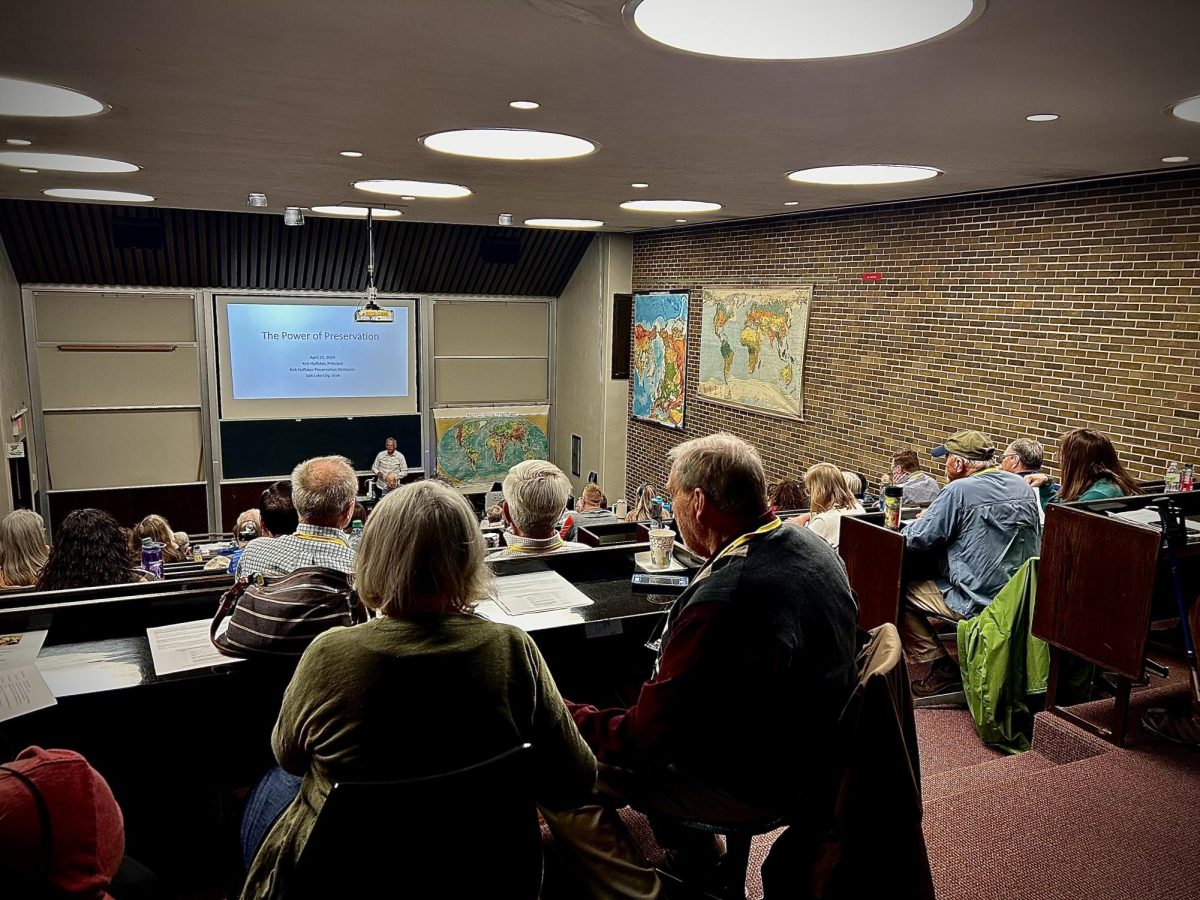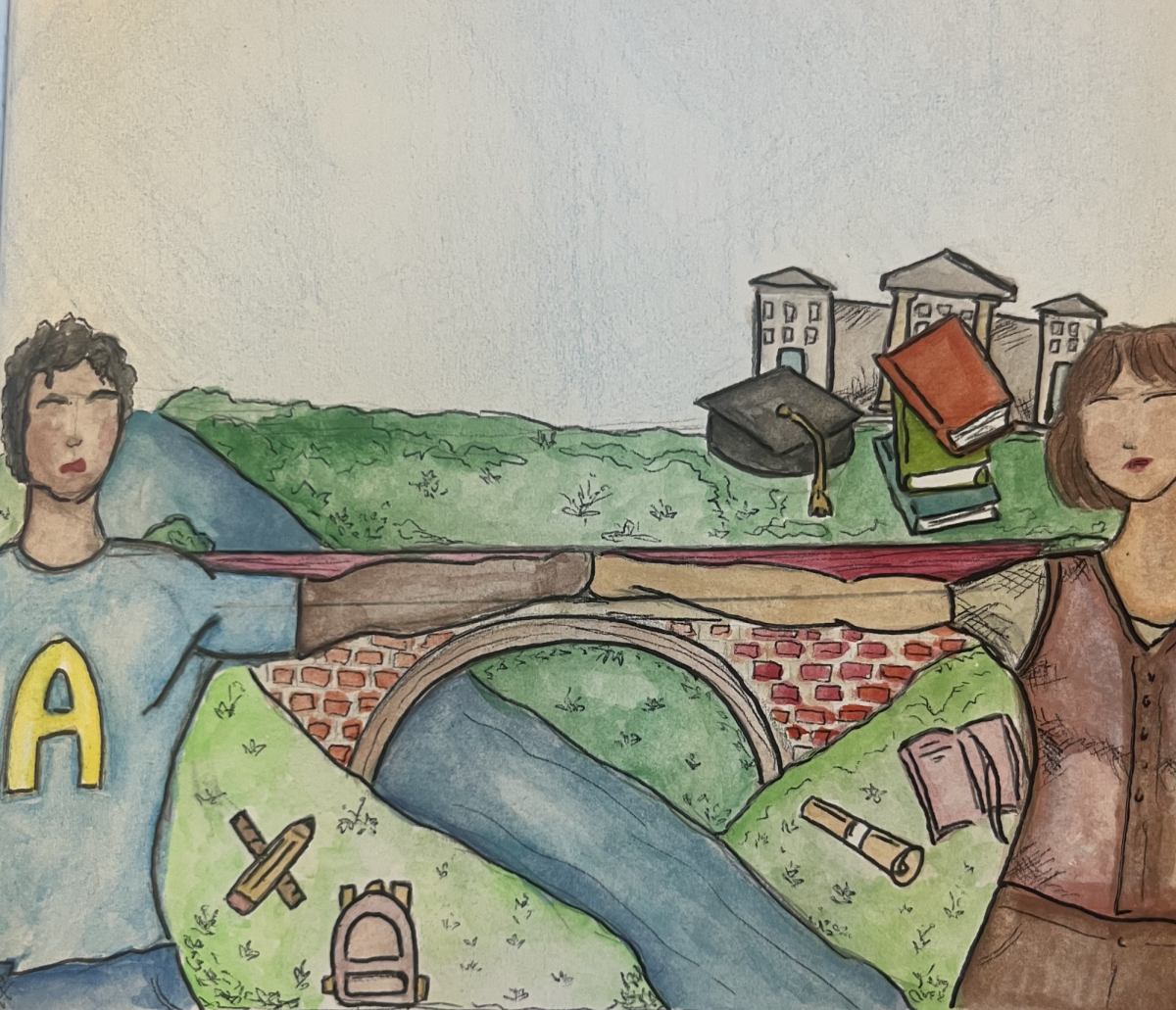Prior to World War II, Augustana students who were caught drinking were often expelled. Now, the penalty is a $50 fine and a mandatory alcohol abuse awareness class. It now takes five offenses for the college to even consider suspension.
Looking back at the history of alcohol’s influence on the campus, alcohol was banned for almost the first century the college was open. Augustana then moved to an era of consumption with strict enforcement. When that enforcement ended, students at institutions across higher education, including those at Augustana, eventually exploded in an era of abuse, leading to one of college engagement for the betterment of student health. Though the types of alcohol consumed may have changed over the last 20 years, trends campus-wide have stayed the same.
Foundations of Prohibition (1860-1940)

When the college was founded in 1860, Lars Paul Esbjörn, the college’s first president, followed the idea of religious temperance, meaning the college did not allow any alcohol, said Kai Swanson, special assistant to the president.
Esbjörn left Sweden in 1849 during a national prohibition debate. Esbjörn’s employer, a factory owner who sold alcohol to his employees, sent him to the United States, where Esbjörn would start Augustana’s low tolerance policy that was common across higher education at the time. Despite the risk of expulsion, Swanson said students still drank in the late 19th and early 20th centuries.
This Prohibition Era ended in the late 1940s and early 50s with the GI Bill, which would entitle all of the WWII soldiers to a free education.
“(The veterans) brought an entirely new rulebook with them,” said Swanson. “(They were) like, no dude. I defeated Hitler. You can’t tell me I can’t have a beer.”
Swanson said the veterans were respectful of tradition, which is why students still under 21 cannot drink alcohol on Augustana’s campus, with the exception of Transitional Living Areas (TLAs). Evelyn Campbell, dean of students, said the TLA exception was created approximately 10 to 20 years ago.
Abolishing in loco parentis (1940-1995)

Until the 1960s, colleges and universities had the power to act as parents though the phrase in loco parentis, a legal dictum meaning parents in place, said Swanson. This meant the college could enforce its bylaws not only on campus, but in the community as well.
Swanson said the Student Bill of Rights, which was a national student-led movement in 1960’s abandoned in loco parentis in 1969 or 1970, which gave students the right to be their own parents.
Then, in the late 1980’s and 1990’s, Swanson said college campuses had serious problems with drugs and alcohol. Campbell said alcohol awareness entered the public eye during this time, because people started noticing its negative effects on a person’s health.
“We model, in front of each other, the community we would hope to build,” said Swanson, “and that’s a community that doesn’t turn its back on the problems.”
Swanson said the college since then looked at ways to constructively engage with the issue of alcohol abuse, even if students do not recognize that getting a ticket can be constructive.
“These structures provide a path for the partner in student’s health,” said Swanson.

Change in consumption (1995-2015)
Tom Phillis, Augustana’s chief of police for the past two decades, said other then shifting from “Animal House” style keggers to drinking fifths of pineapple or blueberry flavored vodka, alcohol consumption over the past twenty years at Augustana has not drastically changed.
Campbell said that even though there has been a shift from beer to hard alcohol consumption in her 24 years serving as dean of students, alcohol remains the number one problem college campuses face due to its effect on friendships, academics and vandalism in the college community.
“The trend is the type of alcohol, but the impact is the same,” said Campbell.
Approximately 8 or 9 Augustana students are hospitalized every year due to alcohol poisoning, although Campbell said in in one year 17 students were hospitalized. Though records of student hospitalizations are kept on file, neither Campbell nor Phillis, have recorded statistics available.
According to Augustana’s 2014 Annual Security and Fire Safety Report Augustana reported 323 liquor violations in 2014, 497 in 2013 and 346 in 2012. These violations were either reported through residential life or public safety and typically stay within that 300 to 400 range, said Phillis.
“The college has always taken the stance that we want to be open and honest about our numbers,” said Phillis. “We don’t want to hide anything.”
Phillis said the college’s reported violations have been higher than other schools, because the college takes extra strides to make sure the violations given by public safety officers and community advisors are tallied accurately.
Off campus, liquor law violations are lower. The city of Rock Island gave out 32 tickets in 2014, 182 in 2013 and 9 in 2012.
The reason for the sharp spike in 2013 was because two large parties were busted and the Rock Island Police Department posted more police on campus with the college requested additional security.
Campbell said for the past 10 years, the college has had all students complete the alcohol.edu course during the summer before their first year at Augustana. The course educates students on healthy drinking behaviors while also teaching them about bystander intervention.
Once the students arrive on campus, the Office of Student Life and the Office of Residential Life further educates the students. Campbell said Greeks and athletes are also educated through potential new member workshops and sessions that can be enforced by coaches.
Swanson said alcohol awareness is a constant conversation, because no institution has a completely effective solution, including Augustana. However, Swanson said the current alcohol policy is better then it ever was.
“Based on the evidence across American higher ed, it would be hard to think we would get it right, and if we did, it wouldn’t last more than a week,” said Swanson.







































































































